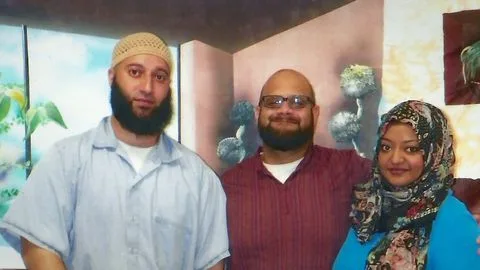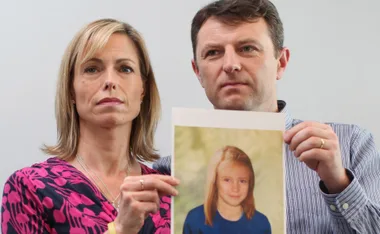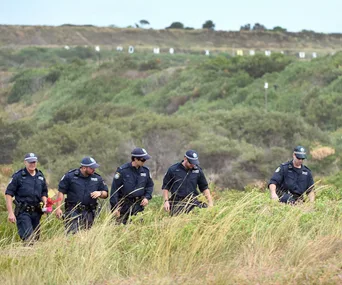Ever since the night of February 28, 1999, Adnan Syed’s life has never been the same.
That was the moment the then 17-year-old was charged with the murder of his former girlfriend Hae Min Lee, whose body had been discovered just days beforehand, partially buried in a Baltimore park.
A year later, in February 2000, Syed was found guilty of first degree murder, kidnapping, false imprisonment and robbery and sentenced to life in prison plus 30 years.
He’s spent the past 20 years in a Baltimore prison, while the world has become enthralled and enraged by his tumultuous legal case, thanks to the hit podcast Serial, hosted by Sarah Koenig.
That podcast has been downloaded more than 100 million times.
Now a new four-part HBO documentary, The Case Against Adnan Syed, is revisiting the case.
It premiered in the US at the beginning of March and now it’s currently airing in Australia on SBS, on Sunday nights at 8.30pm and on SBS On Demand.

Adnan Syed pictured as a teenager. (Image: HBO)

Adnan and Hae Min Lee hid their relationship from their family. (Image: HBO)
The documentary is directed by Academy Award-nominated director Amy Berg and presents game-changing new evidence that could breathe new life into the case.
Syed and his supporters hope the documentary will help them launch a new appeal against his conviction.
The case against Syed was widely viewed as being extremely flawed, with a key alibi witness, Aisha McClain, never summoned to give evidence.
The prosecution’s main witness was one of Syed’s friends, Jay Wilds, who testified that Syed had strangled Hae Min Lee to death.
He claimed Syed then put the body in the trunk of his car and used a shovel to bury the body in the park. Wilds also claimed that he helped Syed bury Lee’s body and dispose of her car.
He is currently serving out his lifelong sentence in a Baltimore prison.

Syed played on his high school’s football team. (Image: HBO)
There are very few photos of Syed as a now 38-year-old, but rare images of him snapped outside a courthouse in 2016 reveal the handsome, fresh-faced teenager we met in Serial is now very much a middle-aged man.

Syed pictured in 2016 outside a courthouse in Baltimore. (Image: Getty)

He was escorted by police officers from the building. (Image: Getty)
Raised in a Muslim family, Syed has let his beard grow long and now wears a taqiyah, or cap, which is a common type of headdress worn by Muslim men.
Muslims believe that the Islamic prophet Muhammad used to keep his head covered, so Muslim men often wear a taqiyah during their five daily prayers.

Adnan Syed in his prison clothes with an unidentified friend (centre) and Rabia Chaudry (right), a family friend of Syed who has become his fierce advocate. (Image: HBO)
Hae Min Lee’s family has always maintained that Syed’s lifelong conviction was just.
“We do not speak as often or as loudly as those who support Adnan Syed, but we care just as much about this case,” the Lee family said in a statement in 2018.
“We continue to grieve. We continue to believe justice was done when Mr. Syed was convicted of killing Hae.”





